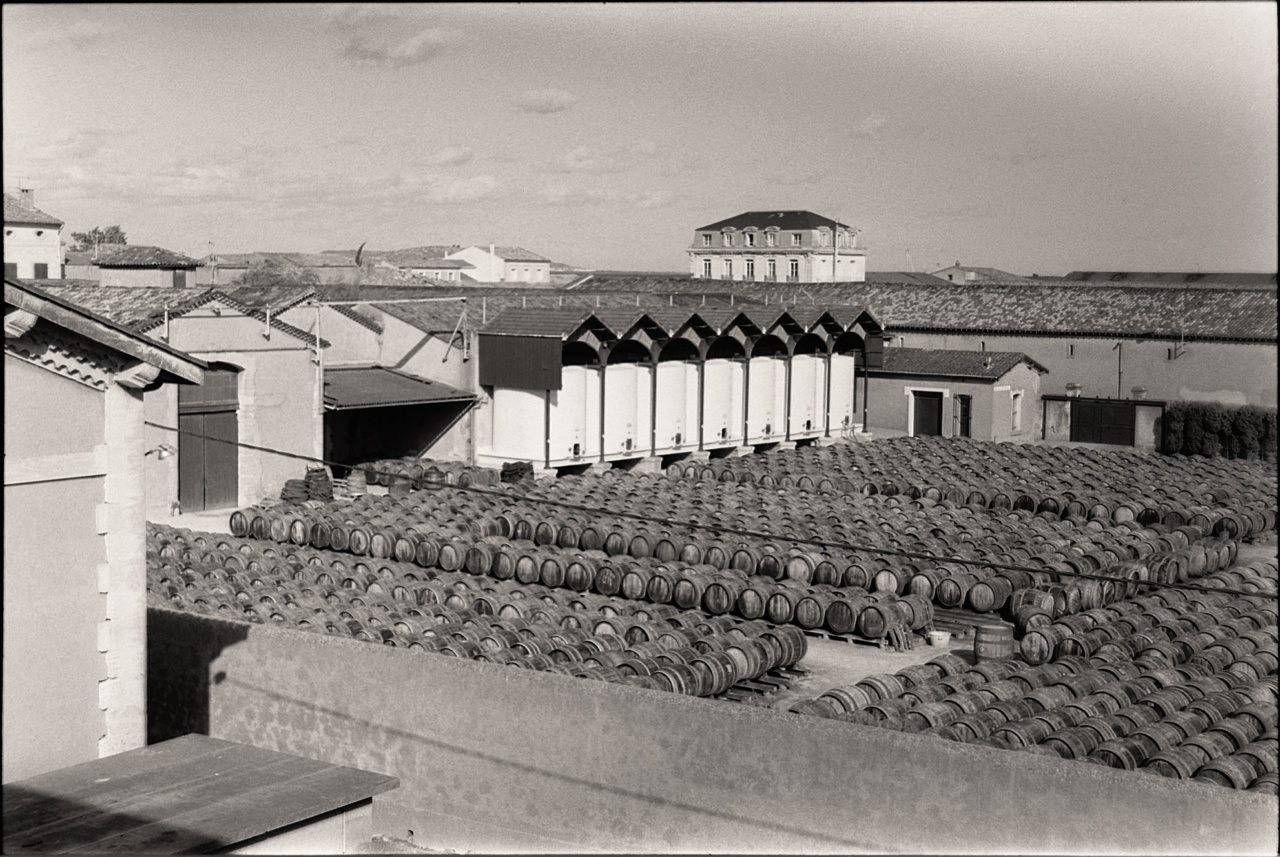Bile, a fluid produced by the liver, plays a crucial role in digestion by aiding the breakdown of fats and the absorption of fat-soluble vitamins.
It also helps eliminate waste products from the body, particularly bilirubin, a yellow pigment formed from the breakdown of red blood cells.
When bile production is compromised, it can lead to various symptoms and health issues. In this article, we will discuss six symptoms that suggest your bile production may be in jeopardy and require medical attention.
1. Pale or Clay-Colored Stool
Bile gives stool its characteristic brown color. When there is insufficient bile production or blockage in the bile ducts, the stool can become pale or even clay-colored. This change in stool color can indicate a problem with bile flow.
2. Jaundice
Jaundice is a condition characterized by yellowing of the skin, eyes, and mucous membranes. It occurs when bilirubin, a waste product removed by bile, builds up in the body.
When bile production is impaired, bilirubin cannot be effectively eliminated, resulting in its accumulation in body tissues.
3. Abdominal Pain or Discomfort
Inadequate bile production may result in abdominal pain or discomfort, particularly in the upper right quadrant of the abdomen. This pain can range from mild to severe and may be accompanied by bloating, gas, or indigestion.
4. Fat Malabsorption
Bile is necessary for the breakdown and absorption of dietary fats. When bile production is compromised, the body struggles to digest and absorb fats properly.
This can lead to symptoms such as oily or greasy stools, frequent diarrhea, or unexplained weight loss.
5. Vitamin Deficiencies
Bile aids in the absorption of fat-soluble vitamins, including vitamins A, D, E, and K. When bile production is compromised, it can result in deficiencies of these vitamins.
Common symptoms associated with vitamin deficiencies include poor wound healing, easy bruising, brittle bones, and vision problems.
6. Itchy Skin
Impaired bile flow can contribute to a build-up of bile salts in the bloodstream, leading to itching or pruritus. The itching may be generalized or localized, and it is typically more intense during the evening or night.
If you are experiencing any of these symptoms, it is essential to consult a healthcare professional for a proper diagnosis and appropriate treatment.
The underlying cause of bile production issues may vary, ranging from liver diseases, gallstones, or bile duct obstructions.
Early detection and intervention are crucial in managing bile production problems. Timely medical intervention can help identify the underlying cause and initiate appropriate treatment to alleviate symptoms and prevent complications.





























